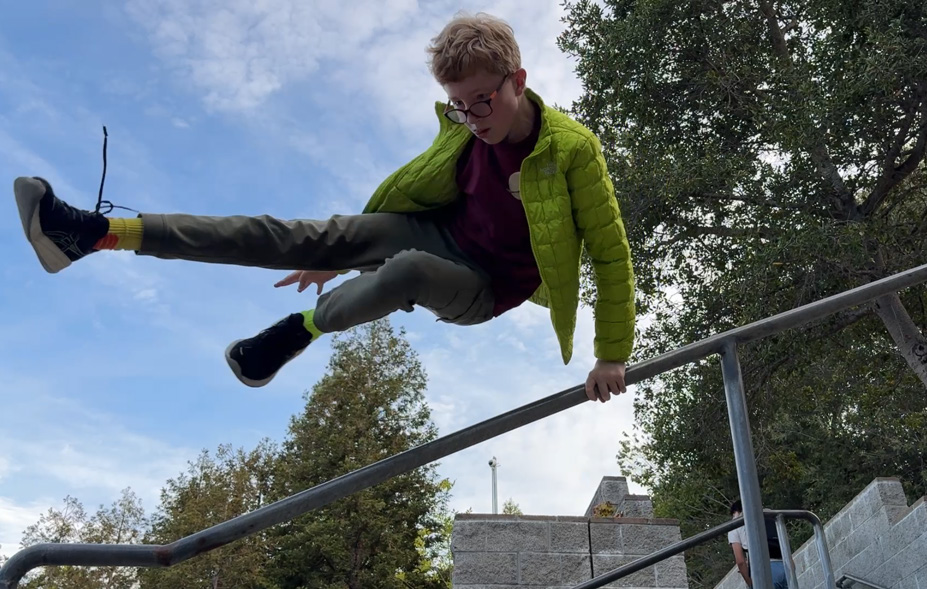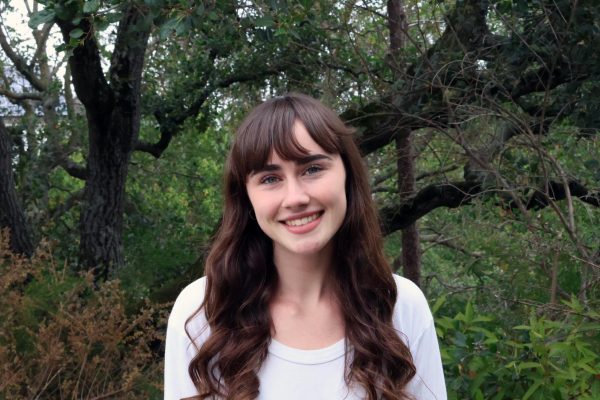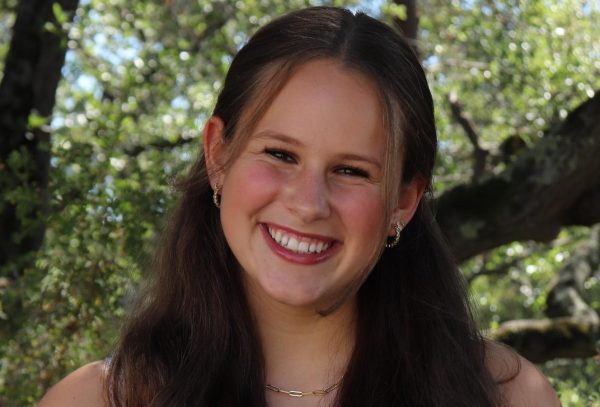Students on campus have noticed a new trend on TikTok, one that isn’t related to dancing or shopping hauls. Students have said that when looking in the comments of funny videos there will often be derogatory jokes being made about the subject of the post being “autistic”, “acoustic” or “sped”. This trend doesn’t appear to be limited to online spaces.
“I often hear rude comments just passing by others in the halls, like the other day I heard someone say ‘oh my god, I literally look autistic right now.’ What does that even mean? There’s no one way to look autistic,” Senior Dahlia Saffouri said.
Although Junior Theo Ferguson said he notices some progress around neurodiversity culture, he has also noticed negativity on campus.
“There’s definitely a lot of positivity and there’s a lot of acceptance that I see in smaller cliques and different clubs. They are all very welcome and open. Unfortunately I also do see a lot of negativity and I hear some mean things going around as well as negative words being used,” said Ferguson.
Junior Meher Bachher has seen similar behavior.
“There are definitely certain groups of people on campus that are familiar with using slurs and derogatory language against their peers and classmates,” Bachher said. “At PHS it feels like there is this idea of using jokes and humor to exploit other people’s differences and demonize those differences,” Bachher said.
Autism, like many neurotypes, is a spectrum. Saffouri said that not only are people misinformed with how neurodiversity expresses itself, but have also created negative associations around it.
“People label neurodiversity, especially autism, as negative, which is a systematic and moral issue,” Saffouri said. “People need to reinstate in themselves that being neurodiverse is not negative in the slightest. Obviously that’s something we need to work on for future years to come.”
Saffouri said that offensive comments are concentrated in specific grades and groups.
“I notice it a lot with upper classmen boys, they just start riffing off each other and they don’t know when to stop because there’s no one there that’s going to stop them,” Saffouri said.
Ferguson, however, said the problem is more widespread.
“I see it all over.” Ferguson said.
Part of the issue, Bachher believes, is more deeply rooted.
“I think that a lack of empathy is a really huge problem that is not going to be fixed unless we all take an active approach to fixing it,” she said.
Bachher believes that with Affinity Mentorship and DEIB initiatives, there is a growing support system. Bachher hopes that by taking an active approach students on campus will feel more safe and included in the environment they are in.
Collin Cameron, the lead in the recent PHS play “The Curious Incident of the Dog in the Night-time”, said that the production may also have a positive influence on campus.
“I think it’ll do a good job with all of the additional efforts of the neurodiversity club and other efforts to change the culture around neurodiversity on campus. I feel it will definitely have an impact,” Cameron said.
Cameron also hopes the play will spark a larger conversation around neurodiversity and the unique differences people have.
“If you actually have people on campus talking about their differences and standing up for themselves and others, that can really have an impact.”
At a recent Neurodiversity Club Meeting, club founder Alex Chin recounted a “horrific” incident. Chin said he recently overheard a student in class say he wished a Nuerodivergent student would not show up to school anymore and would just “off themselves.”
Because of microaggressions and outward attacks on students who are neurodivergent, Bachher said her hope is that people can just feel more comfortable.
“At the end of the day, there needs to be progress in how people feel safe on campus, because the fact is, a lot of people don’t currently feel safe.” Bachher said.





























